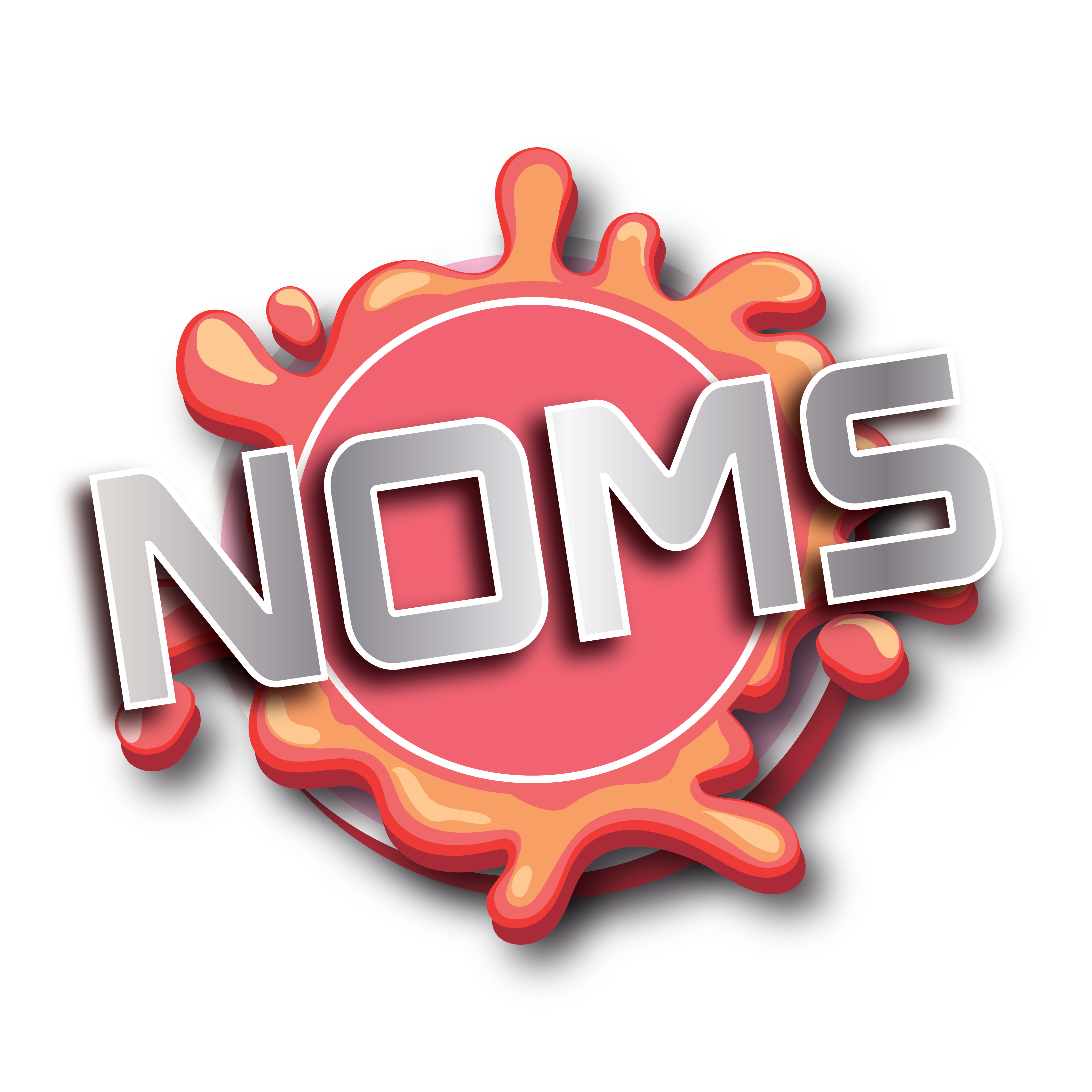For a significant portion of this decade, the sober curious movement has been redefining weekend routines, nightlife, and personal wellness goals. A thriving market of non-alcoholic alternatives, such as CBD spritzes, adaptogen tonics, effervescent mocktails, and now Kratom seltzers, has been sparked by people who want to cut back on or give up alcohol but still enjoy the ritual, flavor, and social ease of a drink. This year, Kratom-infused carbonated beverages are becoming more popular as a tasty, contemporary choice for those experimenting with sobriety-related lives. If you’re interested in trying the best Kratom seltzers, this blog post explains why they’re popular, what they are, the possible advantages and disadvantages, and how to use them sensibly.
Kratom Seltzers For Spring & Summer Menus Read Here
What Is Kratom?
The leaves of the Southeast Asian tree Mitragyna speciosa are used to make the herbal substance Kratom. People in nations like Thailand and Indonesia have been using Kratom leaves for generations because of their relaxing and somewhat stimulating properties. Compounds in the leaves, particularly mitragynine and 7-hydroxymitragynine, are concentrated in modern Kratom products and are now available as powders, capsules, extracts, and beverages.
Note that Kratom is not harmless and is not alcohol. Countries and regions have different legal statuses and scientific understandings of them. Because the effects of Kratom might differ depending on the product, dosage, and individual, it’s crucial to approach it cautiously and with curiosity.
Click To Join Our Wholesale Program
What Are Kratom Seltzers?
Popular Kratom seltzers are sparkling drinks in cans or bottles that include Kratom extract or compounds derived from Kratom combined with flavored sparkling water and occasionally nootropics, botanicals, or natural sweeteners. Consider them the modern-day equivalent of hard seltzers, minus the ethanol. The allure is instantaneous: a bubbly, attractively packaged beverage that complements social situations, delivers a unique botanical experience, and substitutes for the depressive effects of alcohol.
They are marketed to social drinkers, wellness seekers, and sober curious people who desire an edge, a slight mood boost, relaxation, or improved focus without the typical drunkenness. They are simple to incorporate into current social norms because of their packaging, flavor profiles (citrus, berry, ginger, and cucumber), and branding, which all imitate recent beverage trends.
Why They Are In Line With The Sober Curious Culture
- Ritual & Social Belonging: Clinking a can at a backyard BBQ or ordering something refreshing on a night out is one of the most difficult aspects of reducing alcohol consumption. Kratom seltzers replicate that rite in a way that is both acceptable and visually appealing.
- Functional Benefits Perceived: According to many users, Kratom can offer mild mood enhancement, relaxation, or focus effects that some people find helpful in social settings without affecting speech or coordination the way alcohol can.
- A presentation That Is In Line With Trends: Because of their vibrant flavors, low-calorie promises, and modern packaging, Kratom seltzers appeal to Gen Z and millennial consumers who are used to carefully chosen beverage options.
- An Alternative To The Negative Consequences Of Alcohol: People are highly motivated to look for alternatives when they have hangovers, disturbed sleep, and regret the following day. The prospect of a slight change in perception without the negative effects of alcohol is alluring.
Potential Benefits That Individuals Bring Up
- Maintain Social Flow: You can engage in toasts while holding a canned drink, a social lubricant without ethanol.
- Reduced Time For Recuperation: Many claim that Kratom seltzers don’t give them the same hangovers as excessive drinking.
- Variety In Flavor: The market features inventive botanicals and flavor combinations that evoke the culture of craft beverages.
- Perceived Functional Consequences: When used properly, Kratom is linked to feelings of relaxation, calm energy, and mood support for certain people.
Crucial Dangers And Information To Be Aware Of
Kratom is not innocuous. Safety concerns have been raised by public health organizations in several nations, and the scientific literature is still developing. When investigating Kratom seltzers, bear the following important considerations in mind:
- Regulatory Ambiguity: There are several different legal statuses for Kratom. It is banned, regulated, or being reviewed in some countries. Before purchasing or taking it on a trip, check the local laws.
- Problems With Consistency & Quality: The quality of botanical supplements varies. Variations in alkaloid levels or pollutants may occur, and product labeling may be inconsistent. Transparent sourcing and third-party testing are important.
- Adverse Effects: Constipation, and lightheadedness are among the reported adverse effects; more severe effects are seen at greater exposure levels. Medication interactions and long-term effects are not completely understood.
- Dependency Potential: After frequent, high-frequency use, there have been reports of persons becoming dependent on Kratom. Not everyone finds it to be a harmless recreational substance.
- Drug Interactions: Kratom may interact with other narcotics and prescription drugs, including benzodiazepines, opioids, and antidepressants. Dangerous interactions may result from this.
- Not A Replacement For Treatment: Consult with a professional if you suffer from any physical or mental health issues.
If You Decide To Adopt A Harm Reduction Strategy
Prioritize safety if you’re sober-curious and choose to try a Kratom seltzer:
- Start Slowly And Very Low: Take one drink in a familiar, safe setting because effects can be unpredictable and vary. Take note of your feelings throughout a few hours.
- Seek Out Transparency: Purchase products from companies that list alkaloid content, explain sourcing and production standards, and provide lab test findings (Certificate of Analysis).
- Avoid Mixing: Don’t mix. Alcohol, benzodiazepines, opioids, and other sedatives should not be used with Kratom. That combination may be harmful.
- Reduce The Frequency: To lessen the likelihood of tolerance or reliance, use infrequently rather than every day.
- Verify Age Limitations & Legality: Certain governments prohibit Kratom completely or limit sales to adults.
- Consultation with Healthcare: If you are pregnant, nursing, taking medication, or both, consult a healthcare professional.
Things To Consider When You Go Shopping
- Third Party Testing: Certificates of Analysis (COAs) attesting to the purity and lack of pesticides, microorganisms, and heavy metals.
- Clear Ingredient Lists: No unidentified substances or stimulants, only natural tastes.
- Reputable Brand Narrative: openness about manufacturing procedures, customer feedback, and sourcing (country of origin).
- Low Sugar/ Calorie Option: If nutrition is important to you, choose low-sugar and low-calorie products.
- Responsible Marketing: Companies are typically more reliable when they refrain from making irrational medical claims.
Market And Cultural Background: Why This Ideal Year
In this year, Kratom seltzers gained popularity due to several wider factors coming together:
- Mainstreaming of Sober Curious People: Mocktail culture, sober socials, and non-alcoholic bars have become more commonplace, transforming the movement from niche to mainstream.
- Growth Of Functional Beverages: Kratom falls under the broader category of “functional drinks” since consumers want beverages to do something, such as improve focus, lower discomfort levels, or promote sleep.
- Convenience And Design: Canned drinks fit into preexisting social scripts and are portable and shareable. Adoption is lowered by packaging that resembles craft beverages.
- Curiosity About Botanicals: Although it has more restrictions than many herbal supplements, Kratom appears as another botanical to try as consumers investigate plant-based wellbeing.
A Fair Decision
For those who are interested in reduced-alcohol lives, Kratom seltzers present an exciting social and sensory option. Convenience, ritual mimicking, and modern branding are all areas in which they excel. They may offer some people minor mood or relaxation advantages without the usual hangover associated with alcohol. However, that benefit is accompanied by potential negative consequences, inconsistent product quality, regulatory ambiguity, and reliance.
After confirming your legal status and looking into any possible drug interactions, it can be worthwhile to sample Kratom seltzers sparingly and carefully if you’re sober-curious. Less dangerous alcohol substitutes like botanical sodas, effervescent non-alcoholic beers, NA wine, or adaptogen tonics may provide comparable ritual and social benefits with more definite safety profiles for a large number of people. The “best” option ultimately depends on your goals, risk tolerance, social setting, and overall health.
Conclusion
The evolution of the sober-curious market is demonstrated by Kratom seltzers: consumers desire enjoyable, socially acceptable rituals that support wellness objectives rather than just abstention. In a contemporary, shared package, these bubbly botanical cocktails satisfy that craving. However, wisdom is not replaced by novelty. If you’re unsure, approach Kratom seltzers the same way you would any other new psychoactive product: do your homework on the company, confirm its legitimacy, start small, and put your health and safety first.
FAQs
Are Seltzers Made With Kratom Legal?
Laws governing Kratom vary by country; some permit use, while others restrict or outright forbid consumption. Before purchasing or using anything, always be sure to verify the local regulations.
Will I Get “High” With A Kratom Seltzer?
Impacts differ. Higher doses may feel soothing, while lower doses may feel invigorating but not like alcohol. Be careful, and don’t drive until you know how you’ll respond.
Can They Assist Me In Giving Up Alcohol?
Kratom is not a recognized medical intervention. Although it can lead to dependence, some claim it helps cut down on drinking. Consult a doctor for safe alcohol cessation.
How Can I Pick A Brand That Is Safe?
Select brands with transparent ingredients, positive reviews, and independent lab testing. Steer clear of ambiguous, low-quality, or overhyped products.

